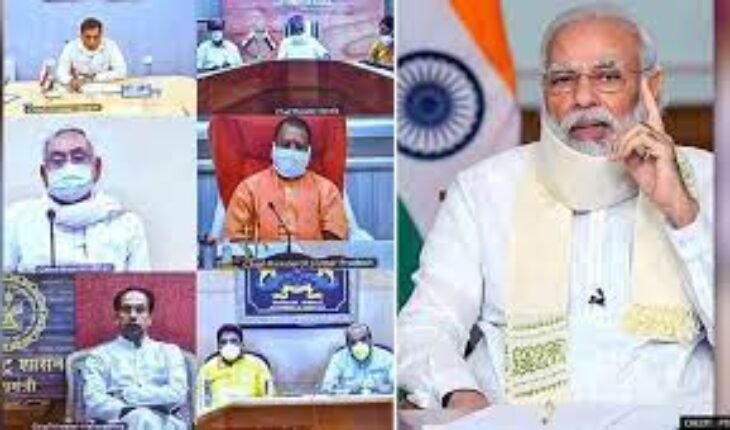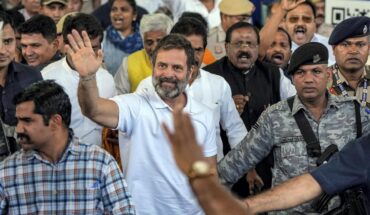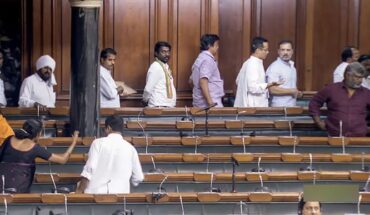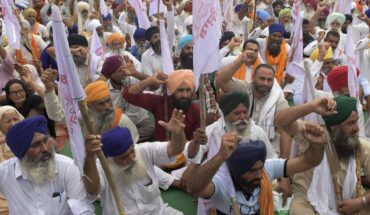Great power comes with great responsibility. It is an obligation of the Centre to refrain from bypassing the elected leadership while dealing with States. Two recent developments have raised concern that the Centre wants to give instructions to officials functioning under elected State regimes. Prime Minister Narendra Modi has held two virtual meetings with district magistrates and State officials to review the COVID-19 situation. Union Education Minister Ramesh Pokhriyal held a virtual meeting to discuss the National Education Policy, and related matters such as the conduct of Class XII examinations with State Secretaries in charge of education. While such meetings may help the Prime Minister or any Union Minister get some feedback from the field across India, it is quite unusual for leaders in the central political executive to bypass their counterparts in the States. The Tamil Nadu Minister for School Education, Anbil Mahesh Poyyamozhi, took the right stand by not deputing any official to represent the State in Mr. Pokhriyal’s virtual interaction. The idea was not to boycott the meeting, but to say the Minister ought to have been included in a discussion on the NEP. If the Prime Minister belongs to one party, and the officials addressed are from a State run by another, there is bound to be resentment that the elected representatives of the State are being bypassed. In the present case, it is true that the Centre has a major role in the pandemic response. The Disaster Management Act has been invoked to specify guidelines on lockdowns, restrictions and relaxations and to ensure smooth medical supplies. However, it would be in the larger interest of the country if events and discussions are held in such a way that the political structures at the State are not seen to be undermined. Only together can we stand in these difficult times.
Centre-State rift won’t help in resolving crises
Published Date: 25-05-2021 | 1:45 am





